Wentao Bai
Expert-Guided Diffusion Planner for Auto-bidding
Aug 12, 2025
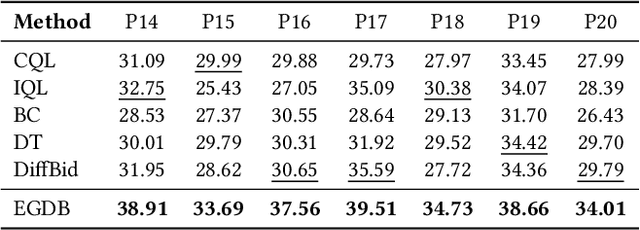

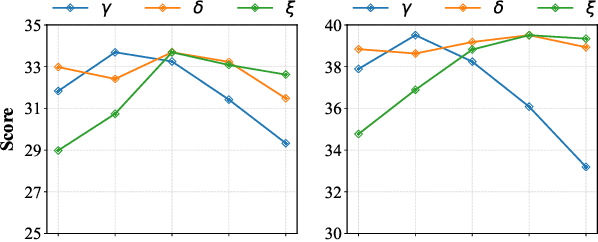
Abstract:Auto-bidding is extensively applied in advertising systems, serving a multitude of advertisers. Generative bidding is gradually gaining traction due to its robust planning capabilities and generalizability. In contrast to traditional reinforcement learning-based bidding, generative bidding does not rely on the Markov Decision Process (MDP) exhibiting superior planning capabilities in long-horizon scenarios. Conditional diffusion modeling approaches have demonstrated significant potential in the realm of auto-bidding. However, relying solely on return as the optimality condition is weak to guarantee the generation of genuinely optimal decision sequences, lacking personalized structural information. Moreover, diffusion models' t-step autoregressive generation mechanism inherently carries timeliness risks. To address these issues, we propose a novel conditional diffusion modeling method based on expert trajectory guidance combined with a skip-step sampling strategy to enhance generation efficiency. We have validated the effectiveness of this approach through extensive offline experiments and achieved statistically significant results in online A/B testing, achieving an increase of 11.29% in conversion and a 12.35% in revenue compared with the baseline.
CROLoss: Towards a Customizable Loss for Retrieval Models in Recommender Systems
Aug 05, 2022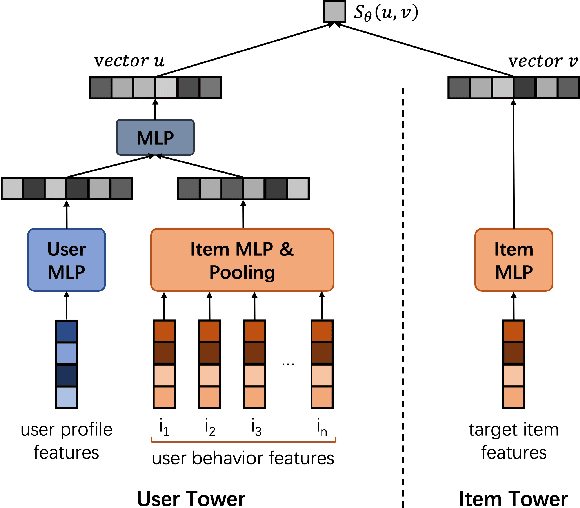

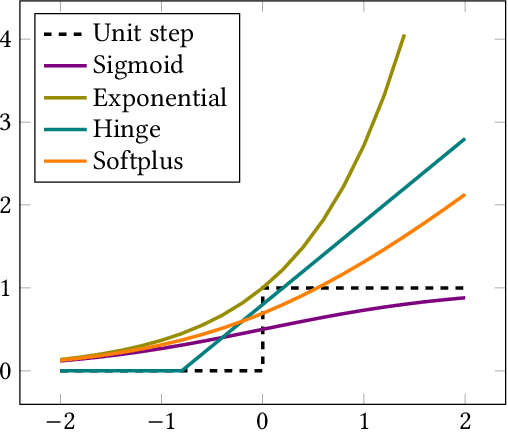
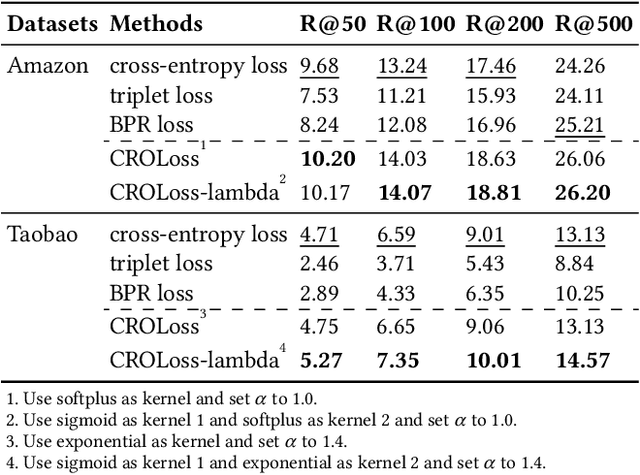
Abstract:In large-scale recommender systems, retrieving top N relevant candidates accurately with resource constrain is crucial. To evaluate the performance of such retrieval models, Recall@N, the frequency of positive samples being retrieved in the top N ranking, is widely used. However, most of the conventional loss functions for retrieval models such as softmax cross-entropy and pairwise comparison methods do not directly optimize Recall@N. Moreover, those conventional loss functions cannot be customized for the specific retrieval size N required by each application and thus may lead to sub-optimal performance. In this paper, we proposed the Customizable Recall@N Optimization Loss (CROLoss), a loss function that can directly optimize the Recall@N metrics and is customizable for different choices of N. This proposed CROLoss formulation defines a more generalized loss function space, covering most of the conventional loss functions as special cases. Furthermore, we develop the Lambda method, a gradient-based method that invites more flexibility and can further boost the system performance. We evaluate the proposed CROLoss on two public benchmark datasets. The results show that CROLoss achieves SOTA results over conventional loss functions for both datasets with various choices of retrieval size N. CROLoss has been deployed onto our online E-commerce advertising platform, where a fourteen-day online A/B test demonstrated that CROLoss contributes to a significant business revenue growth of 4.75%.
 Add to Chrome
Add to Chrome Add to Firefox
Add to Firefox Add to Edge
Add to Edge